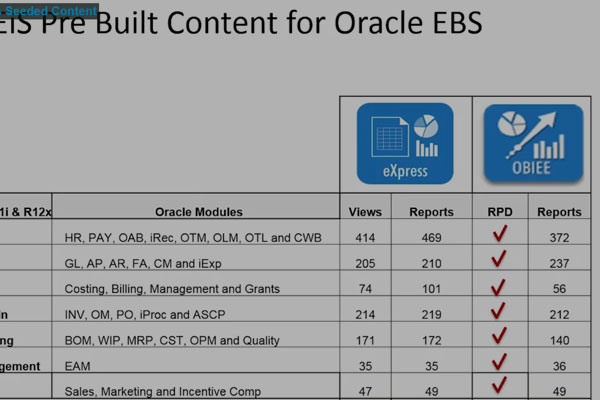

"Long term we'd look at expanding beyond New Zealand but there are a lot of things we can do in New Zealand first," Wood said. "For the larger players, that is an exciting prospect but for smaller players, it's probably a bit beyond our means."Įven as one of those small players, Wood is optimistic. "From the export side, there is a lot of expensive requirements, compliance issues," Ice Cream Manufacturers Association president Karl Tiefenbacher told Newshub. There are 48 local ice cream manufacturers in New Zealand and the industry body said the report is aspirational. Around US$281 million of ice cream was sold in Asia by European producers in 2019. Executive Summary 7 1 Purpose and structure of ICE-SAG 12 1.1 The Importance and Timeliness of Mars Ice and Climate Science Investigations 12 1.2 Goal and Scope of this SAG 13 1. New Zealand exported around US$36 million of ice cream in 2020, just 0.3 percent of the value of our total US$11.2 billion in dairy exports.Ĭhina and Japan make up 72 percent (US$26 million) of our ice cream exports but New Zealand is only a minor player in the wider Asian region. Pre-decisional information, for planning and discussion only 2. New Zealand ice cream exports are growing in value, but volumes have been relatively flat at 10-12,000 tonnes per year for around 15 years.
EIS REPORTS FREE
"It's huge, it means we can compete with other countries that have free trade agreements or don't have the same tariff barriers that we have at the moment so it levels the playing field," Nash said. The report said Australia, Asia and the United Kingdom are three of the markets where we should capitalise on our existing dairy export pathways, especially as our free-trade agreement with the UK progresses. "It's having that trusted brand that people will pay a little bit more for the products that we produce."Ĭurrently, ice cream exports make up less than 1 percent of our dairy exports and the report suggests creating unique Kiwi flavours - one chocolate fish gelato please - could be one of the keys to our success. "That is the main thing when it comes to a certain ultra-premium end of the market," Economic and Regional Development minister Stuart Nash said. It's found international consumers want sustainable, premium, non-dairy frozen treats and they're even calling out for flavours like sea salt, peanut butter and hemp.
EIS REPORTS REGISTRATION
Lodging, parking, and other meals are not included.įor registration details on each course, visit call 60.The business stands to profit from growth opportunities outlined in a new government report. The lab sessions will give participants hands-on experience with freezer operation while working in small groups under skilled supervision. A fee of $1,200 includes the cost of instructional materials and supplies, lunch, and registration.

The best depth has been around the 21 to 22-foot mark. Anglers have been catching about 70 walleye and 30 sauger mix. Lectures will cover quality evaluation, flavor selection, and processing procedures. We are up to 17-18 inches of ice now in the areas we fish and travel and about 12 inches of snow on the lake and 9 inches on land. 12-14, is designed to provide attendees with an in-depth exposure to the practice of manufacturing frozen desserts using batch freezers.

This fee includes course materials, lunch and break refreshments. The cost to attend this two-day workshop is $600. This is a complete ice cream retailers’ course, taught by retailers, for retailers. The in-person course will cover being an entrepreneur, creating a business plan, menu mix, marketing, promotional ideas, using social media, and buying from wholesalers. 10-11, is designed for business owners and managers in the ice cream industry, industry suppliers and sales representatives, and anyone who manufactures ice cream with a batch freezer. The Successful Ice Cream Retailing Short Course, set for Jan.

The University of Wisconsin–Madison Department of Food Science is hosting two consecutive ice cream-related workshops in January 2022, one that focuses on business aspects and one about manufacturing techniques.


 0 kommentar(er)
0 kommentar(er)
